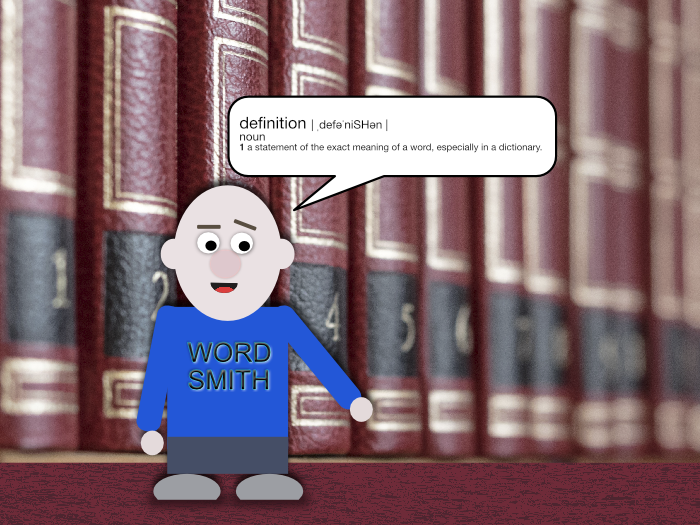0508171,146 words. Give or take a few.
That’s how many words we have to choose from in the English language.
I should note here that we are number one when it comes to language. English is the most spoken language in the world, with 1,121 million speakers. Next is Mandarin Chinese, with 1,107 million speakers. And third is Hindi at 698 million speakers.
Back to English and its word. There are many dictionaries to choose from. But most people agree that the most relied-upon sources are The Oxford English Dictionary (OED) and The Merriam-Webster Dictionary (MWD).
I use both. I have the actual books lying around somewhere, stashed on a shelf in my office closet. But I have both apps on all my computers, and phones, and other such devices. I use those dictionaries several times each day.
Webster’s dictionary was first published in 1828. But I’ve written about Noah before. So today, I turn my attention to the Oxford English Dictionary.
First of all, it was built on volunteer labor. A group called the London Philological Society came up with the idea for a new dictionary. Of the English language, of course. This group of people, whoever they were, thought up this great idea in 1857.
They knew the task would be large, so the good folks in that Philological Society decided they needed to enlist the public to help them. So, they asked avid readers to send examples of the meanings of different words.
Those English people are a busy bunch. Every day, those good volunteers mailed thousands of “quotation slips” from books, newspapers, and magazines. And when it was all said and done — when that first edition was published — more than 2000 people had assisted the editors in its completion.
I said the English were busy. But apparently, they are not in any hurry when it comes to being busy because it took more than 70 years to complete the first edition of the OED.
The Philological Society predicted that the dictionary would take about ten years to put together and complete. So then, about twenty-seven years later, they had only reached the word “ant.”
Inch by inch, I suppose. Since it was taking them such a dang long time to get this dictionary written, they started publishing “unbound editions of the work-in-progress” in 1884.
Finally, finally — the first full volume was published in 1928.
Here is one thing that struck me about its contributors. One of them — actually one of their most prolific contributors — was a murderer confined to an insane asylum.
The man who provided the dictionary with countless quotation slips was Dr. William Chester Minor. He was a schizophrenic who was incarcerated at the Broadmoor Insane Asylum in Berkshire, England. William found himself there after fatally shooting a man he believed had broken into his room. The guy had not broken in. And William went off to the asylum.
And? That’s a very brief overview of the Oxford English Dictionary.
So I guess we are all set.
Or are we all set? As it turns out, the longest entry in the OED is for a three-letter word. Yes, the most complicated word in the Oxford English Dictionary is “set.”
In the OED, the three-letter word contains 430 senses (that is, types of meaning). The definition is 60,000 words in length.
Other short words with endless definitions?
Run (396 senses), Go (368 senses).
Set. Run. Go.
And we’re off.
=========
“A classic is a book that has never finished saying what it has to say.”
― Italo Calvino
=========
“I know nothing in the world that has as much power as a word. Sometimes I write one, and I look at it, until it begins to shine.”
― Emily Dickinson
=========
That you are here—that life exists, and identity;
That the powerful play goes on, and you will contribute a verse.”
― Walt Whitman, Leaves of Grass
=========
Blah, blah, blah. Yadda. Contribute, they did.
